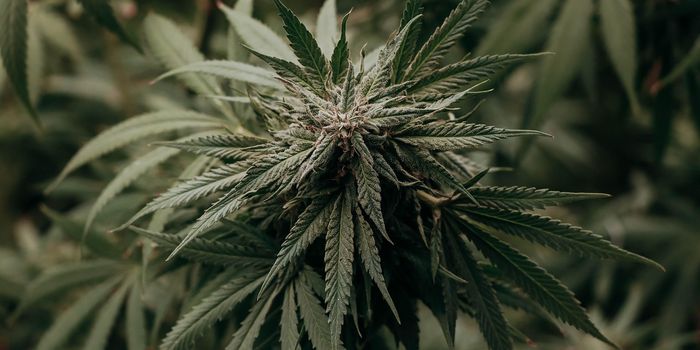Towards Predicting Autism In Pregnancy
Autism is a growing health concern for medical professionals, educators, patients, and family. The latest numbers from the CDC (2014) put the incidence of autism spectrum disorders at 1 in 59 children in the United States. Autism is considered a spectrum because it presents differently in different patients. Dr. Stephen Shore, an autism specialist, has said, “If you’ve met one person with autism, you’ve met one person with autism.”
Dr. Juergen Hahn, professor and head of biomedical engineering at Rensselaer Polytechnic Institute recently collaborated on research with Dr. Jill James at the University of Arkansas for Medical Sciences (UAMS) into whether or not the risk of autism can be accurately assessed during pregnancy. The study is published in the journal Research in Autism Spectrum Disorders. While many disorders like cardiac issues, Down syndrome, and trisomy 18 can be detected using tests that look for biomarkers, there is no test currently that can predict or even estimate the probability of an expectant mother having a child with an ASD. General numbers for autism risk are presently at 1.7% for the general population, and 18.7% for a mother who has previously had a child with autism. Those numbers are based on math and probability, but researchers are looking for ways to increase the accuracy of risk prediction.
Dr. Hahn explained, “It would be highly desirable if a prediction based upon physiological measurements could be made to determine which risk group a prospective mother falls into.” Finding out as early as possible that a child has autism, or even is just at a higher risk for developing an ASD, allows parents, caregivers and healthcare providers to prepare for the challenges involved in raising a child on the spectrum. Autism is a disorder that often responds well to early intervention, so the sooner it’s discovered, the better the outcomes are for children.
The work on predicting autism risk is part of other research into Alzheimer’s and neurodegenerative diseases at the Rensselaer Center for Biotechnology and Interdisciplinary Studies. In the study, Dr. Hahn’s team looked at metabolites of the folate-dependent transmethylation and transsulfuration biochemical pathways in pregnant women. The metabolite panels of mothers who had children with an ASD were compared to mothers who did have children on the spectrum.
While the study did not find a way to predict which unborn children would be diagnosed with autism by the age of three, it did show differences in plasma metabolites that correlated to the levels of risk that have already been determined. In other words, the mothers who had children with autism and whose risk was assessed at the 18.7% mark had different plasma metabolite levels than the mothers who had not had a child on the spectrum and were at the 1.7% risk level. Hahn summarized the work stating, “These are exciting results as they hint at differences in some metabolic processes that potentially play a role in increasing the risk of having a child with ASD.” Check out the video below to learn more.
Sources: RPI, CDC, PsychCentral









